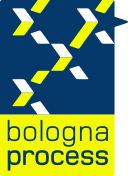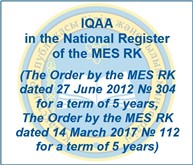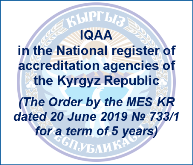Bologna Process

The Bologna process is a process of forming a unified European system of higher education based on the commonality of the principles of operation.
Bologna reforms can be characterized by such terms as « focus on outcomes» and «student-centered learning». This involves an understanding of learning outcomes in a broad sense. They are designed to become essential elements of changes in teaching practice by having connections with ECTS, modularization and institutional freedom.
In is necessary to maintain a balance between three levels of the Bologna process: specified goals at the European level, which affect governments, higher education institutions and students; the central role of universities is in the process of implementation; the role of national policies and legislation is to connect first two levels, and to facilitate the process in each country.
The Bologna process is a means of protection and improvement of higher education and research studies in the European region, means of increasing transparency and mobility. The Bologna process recognizes the place of higher education in public assets, pays a special attention to quality, but argues that support of the quality and its improvement demands greater public investments in the system and in its human resources.
From the history of the Bologna Process |
Main goals of Bologna Process |
The main principles of the Bologna Declaration |
Participants of the Bologna Process |
Main characteristics of the Bologna Process |















